The Bitter Reality: Why Does Medicine Taste So Bad?
While medicines stand as marvels of modern medicine, the aftertaste they leave in our mouths is often far from pleasant. Confucius once said, 'Good medicine tastes bitter,' probably not referring to aspirin, but this sentiment seems to hold true for contemporary medications. In this exploration, we delve into the intriguing question of why medicines tend to have such an unpleasant taste and its implications in our daily healthcare experiences.
One reason behind the unpleasant taste of medicines is that many are derived from plant sources, naturally resulting in bitterness.
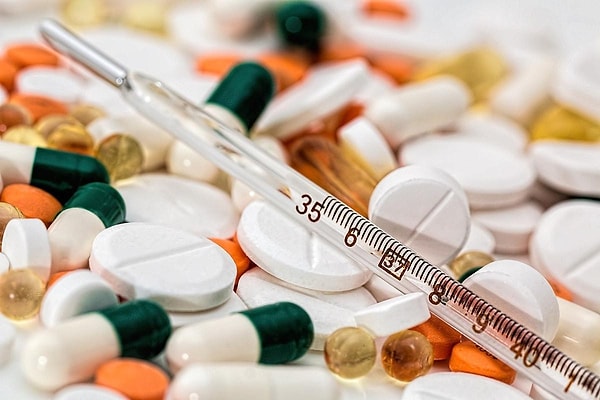
Medications are formulated to contain as few additives as possible to avoid compromising the effectiveness of the active ingredients. Adding tasty flavorings often ranks low on the priority list and can sometimes introduce additional challenges.
The bitter taste is thought to be an evolved defense mechanism, discouraging us from consuming toxic substances.
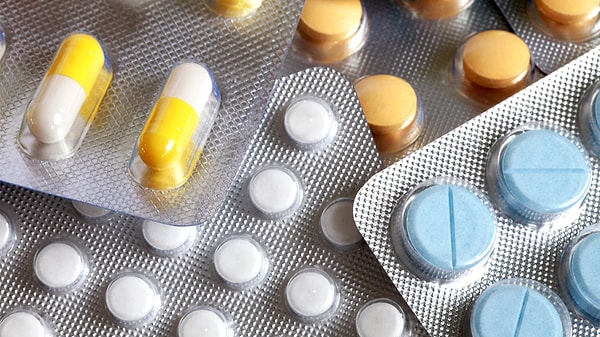
As medications can be toxic in sufficiently high amounts, the off-putting taste of pills is actually advantageous for most of us.
However, not all medications taste bitter.
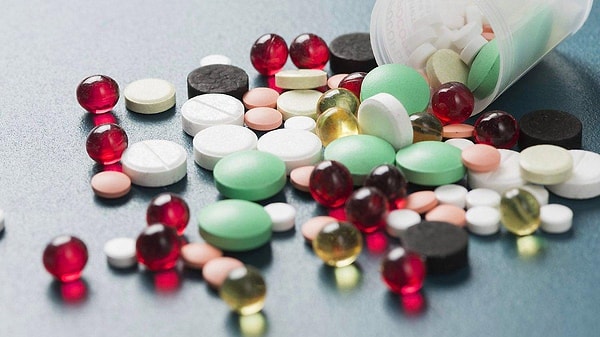
For instance, ibuprofen (also known as Advil) has a sweet coating. The most likely explanation behind this is that ibuprofen can irritate the stomach, and coating prevents the medicine from dissolving until it reaches the intestines.
Improving the taste of medications presents a headache for both doctors and patients. More than 90% of pediatric doctors have reported that the unpleasant taste of medicines is the most significant barrier to completing a course of treatment.
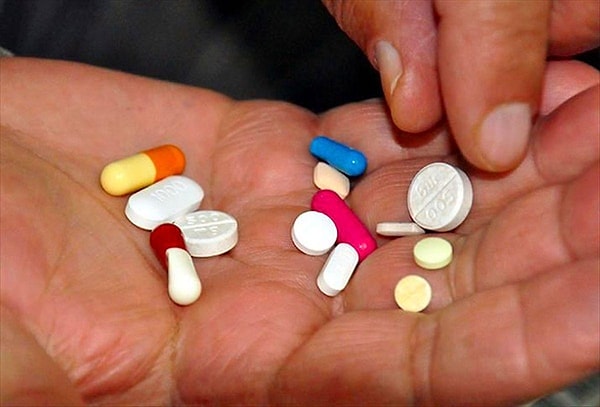
This is particularly problematic for children as they exhibit an increased sensitivity to bitter tastes until adolescence.
Antiretroviral drugs for HIV, in particular, have a bad taste, posing a significant challenge to compliance, especially in young children.
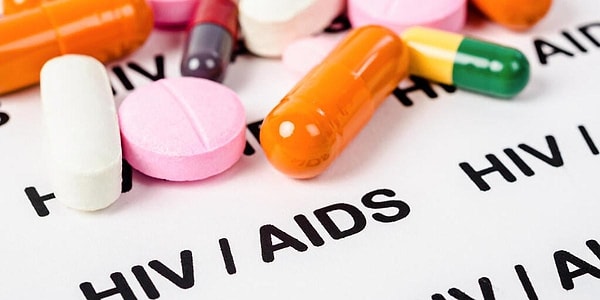
To overcome this hurdle, some drug manufacturers have produced alternative medications with flavors like strawberry and water-soluble dolutegravir.
Some scientists are hopeful about solving the overall issue of bad-tasting pills.

Researchers from UCL School of Pharmacy are using data collected from an 'electric tongue' to create an artificial intelligence (AI) system capable of predicting the bitterness of drugs. Their ultimate goal is to make medications a bit more palatable to ensure patients adhere to their treatment plans.
If you struggle with swallowing pills, there are a few easy methods to mask their taste.
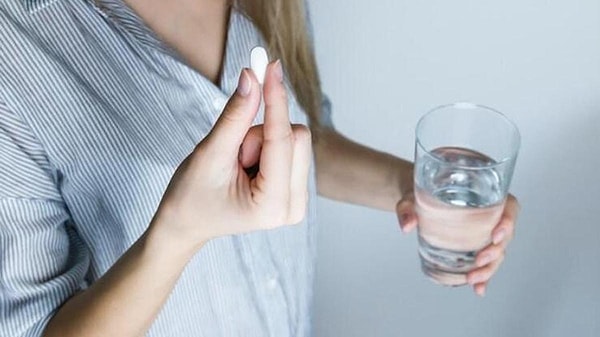
Firstly, place the pill at the back of your tongue and swallow it quickly with a glass of water. Secondly, pinch your nose as approximately 80% of your taste perception comes from your sense of smell. Lastly, you can coat the pill with something sweet like honey or molasses.
Keşfet ile ziyaret ettiğin tüm kategorileri tek akışta gör!


Send Comment